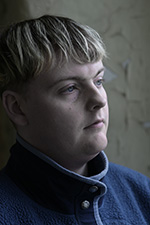
Joel Harkin is the Cathedral Quarter Arts Festival 2024 Artist-in-Residence. The Donegal-born singer-songwriter receives the torch from previous powerhouse artists-in-residence such as Winnie Ama and Joshua Burnside.
I meet Joel Harkin for a chat in East Belfast not far from his studio, Aye Sound Mastering, where he mixes and masters records for fellow artists in the Belfast scene. He’s been releasing music since 2018, including the NI Music Prize shortlisted LP Never Happy (2020) and his most recent EP, Sham Supermarket (2023).
He draws on a lot of different people, places and perspectives without losing his own unique voice in the mix. It’s a large part of what makes his songwriting so dynamic, impressive and engaging, alongside a talent for placing all this on a canvas of haunting yet warm musical arrangements in delicate, intentional brushstrokes.
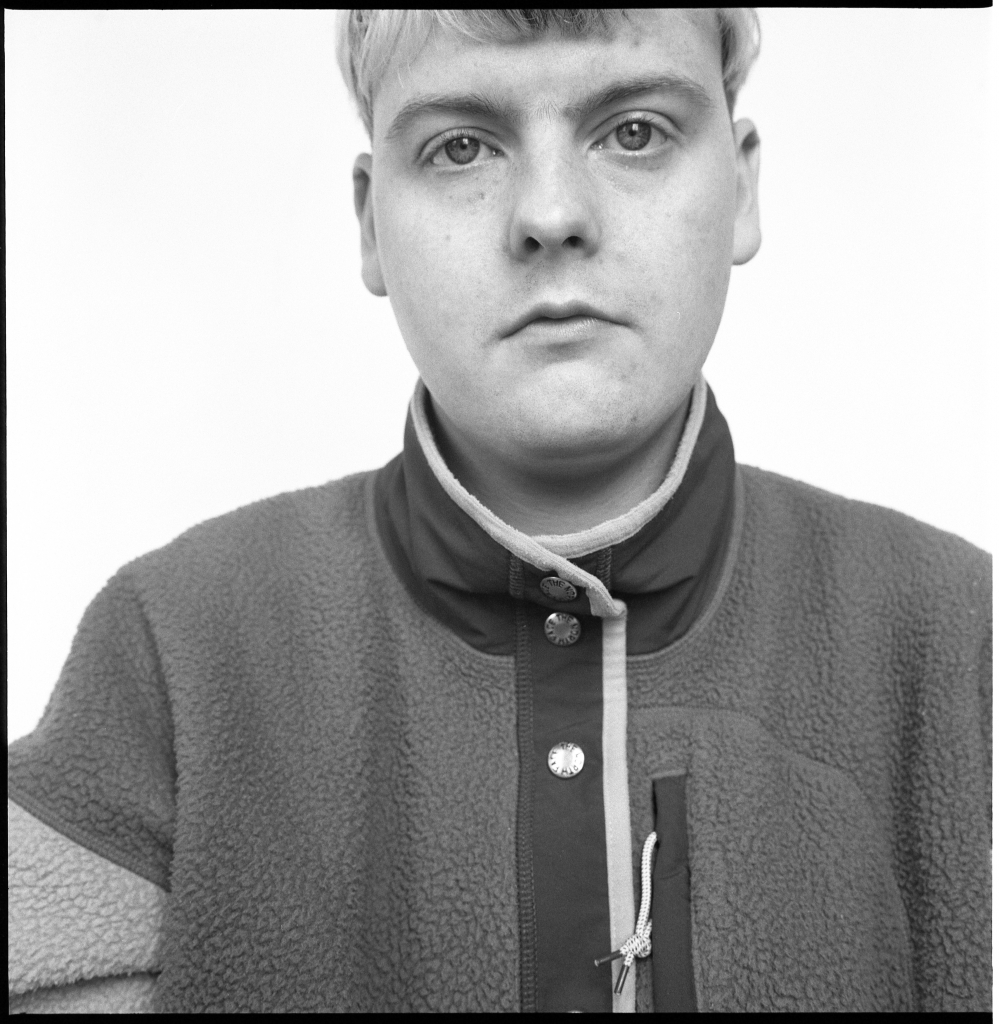
Joel Harkin, 2024. By Stuart Bailie
Joel can set a scene in a cerebral, immersive way through his songs. He skillfully documents the everyday and, much in the style of Adrianne Lenker, uses the raw simplicity of a dander around town, for example, to interrogate the larger feelings beneath. The result is emotive, often heartbreaking, stories with vast resonance.
I was intrigued to know how Joel got his start in loving music and writing songs:
“Growing up, there wasn’t a lot of radio happening in the car, it was mostly Elvis tapes. It wasn’t that I wasn’t interested, I just wasn’t actively interested. We’d listen to Elvis and that was what we would do and we would enjoy it.
“But I don’t think I enjoyed [music] actively as opposed to passively until I went to the Gaeltacht when I was 13. There was a guy called Luke Murphy, we were sharing a room, we were the same age but he was from Skerries. He was dressed in blue jeans and band T-shirts and a black jacket all the time and had spiked-up bleach blonde hair… just a punk, you know? He introduced me to a couple of rock bands and I thought, ‘Oh fuck.. There’s something to this.’
“I don’t think I tried to write a song until I was maybe 15 or 16. I don’t know if there was any thought behind it other than ‘well, you play songs and you want to do this professionally’ so it just seemed like the logical thing to do. But, fuck, I didn’t write anything good for years.
“At the time, it was just a thing of if I’m going to do this I need to write songs, I wasn’t thinking about the craft of writing a song. Which I suppose is the best way to start writing. To say… it’s a song it doesn’t matter, you know? Obviously now I’m not trying to just make a product, I’m trying to express myself. Make a piece of art. Create wiggly air.”
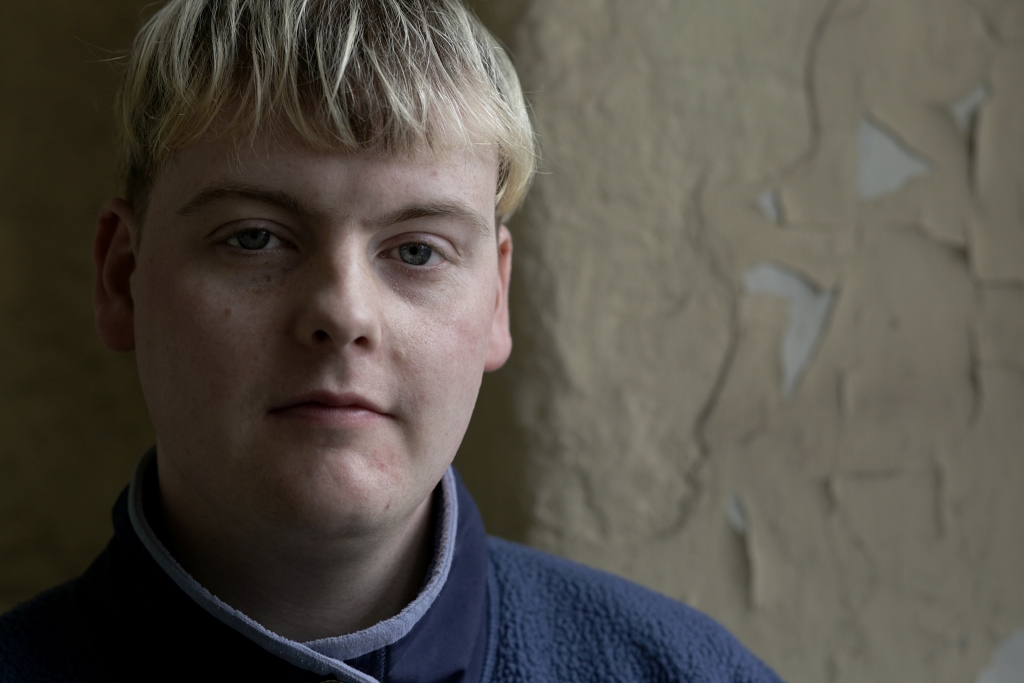
Joel Harkin, 2024. By Stuart Bailie
I wouldn’t say that Joel’s songs have any signature structure, which is a testament to his creativity and varied songwriting style. Some songs present as stream-of-consciousness, others more driven by traditional narrative others are open letters, or about multiple subjects at once.
“It’s a case-by-case basis. There’s definitely songs I’ve written where I’m like ‘I’m setting out to tell a story here’. And then there’s ones where each verse I write, I’m talking about something else, and it’s all kind of contributing to a wider feeling that I’m trying to encapsulate in the song that don’t necessarily have anything to do with each other or a thread running through them.”
“It’s just a nice process, and it’s nice that going in that you can start off with one thing and if you’ve said everything you need to say you can just be like well I’m gonna stop being literal and start being really fucking vague for a verse because I want to and I can.”
“And, equally, if you’re being wishy-washy for two verses you’re like ‘fuck, I need to say something real here’.”
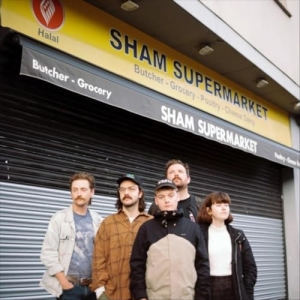 When compared to Never Happy, Sham Supermarket is more collaborative. With co-writing credits from Aoife Wolf, Brodie Milner, Daisy Allen and Ciaran Lavery all listed. I asked Joel if this was a conscious decision:
When compared to Never Happy, Sham Supermarket is more collaborative. With co-writing credits from Aoife Wolf, Brodie Milner, Daisy Allen and Ciaran Lavery all listed. I asked Joel if this was a conscious decision:
“It was an active choice. And I know I exude confidence but I am generally anxious and co-writing was for a long time something I just couldn’t do. Even the thought of it I’d just be throwing up.”
Joel credits an initial songwriting session with Belfast-born artist Lucy Bell for giving him more confidence to co-write, a process he began to enjoy from then on:
‘It’s lovely, because I’d done so many co-writes but I wasn’t releasing them. So I thought I’m going to make a point of having a full EP of things that are just co-writes as a challenge to myself. So that’s why we did Sham Supermarket as an EP of co-writes.”
“It made sense… The whole EP is a supermarket of shams!”
I have a soft spot for the song ‘Letters from Alan to George’. Written with the incredibly talented Ciaran Lavery (“He’s fantastic. What a bastard. He’s so good.”). The premise is wonderfully specific and altogether hypothetical, but the feelings of desperation and nauseous nostalgia for better times are painfully real:
“It was maybe the third or fourth time Ciaran and I had gone ‘let’s write a song together’. And Ciaran said ‘I’d love to write a song about something like Star Wars, but not Star Wars.’ And I was like… ‘Why not Star Wars? I fucking love Star Wars!’”
“But Star Wars is in the background of [‘Letters from Alan to George’] because it’s not about the characters or the story or set in the universe of Star Wars, but about the people who created Star Wars: Alan Dean Foster who ghost wrote the original Star Wars novel writing letters to George Lucas. In our speculative fictionalised version of the world, he was not happy that George was getting all the credit for Star Wars when he had a hand in creating it. Now as far as I know, Alan Dean Foster was never annoyed about this or fell out with George Lucas about it… but we were just like let’s write a song as if he was fucking raging about it. And being able to have that kind of back and forth there [with Lavery]… it’s class because you end up with a song that you’d have never written on your own.”
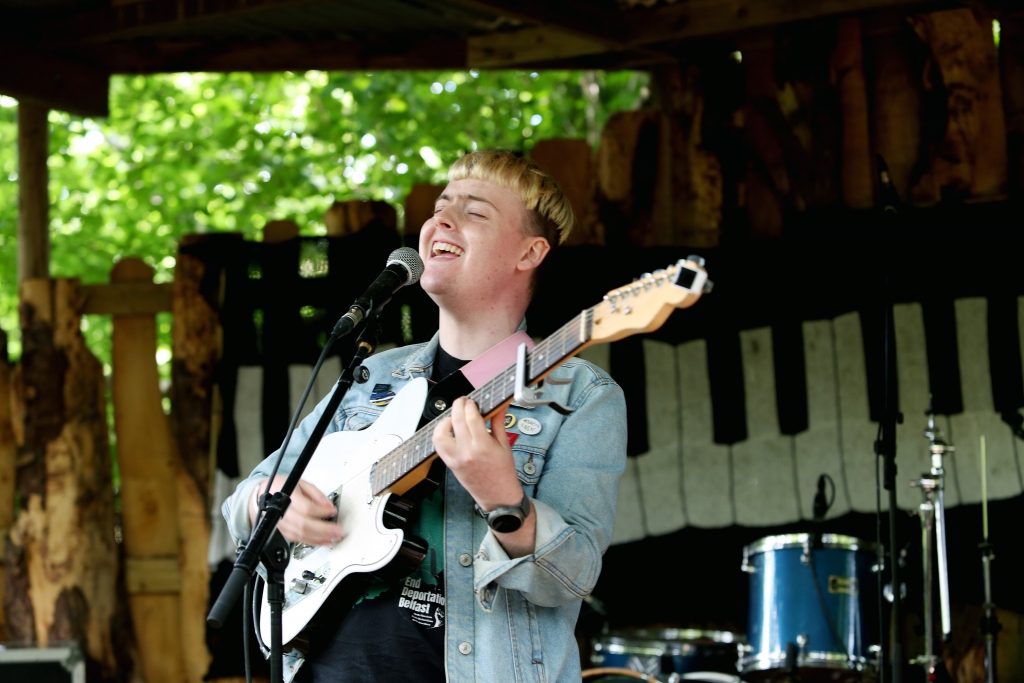
Joel Harkin, Stendhal festival, 2021. By Stuart Bailie
It would be hard to write a profile on Joel without acknowledging how excellent his live shows and stage presence are. I caught his co-headline gig with Brodie Milner at the Black Box last October, wherein his musical performances were stellar and enigmatic, and his banter, for lack of a better term, between songs was equally as captivating and brought some earnest humour to his set.
Joel touches on the power of spoken word at gigs when I ask what his upcoming shows at the Cathedral Quarter Arts Festival will look like:
“I’m playing a number of gigs throughout the festival, a headline show on 12th May in the Deer’s Head. I have Deirdre Anna Rose Kelly, my partner, opening for me telling her short stories. We do that sometimes and it’s really nice, there’s not enough storytelling at gigs generally, people need to talk more.”
“It’s such a beautiful art form, and it was a thing for a long time with the seanchaithe, the traditional storytellers here. I don’t think you see it as much as you would have in the past so I like to have that at the gigs and it fucking works. Maybe it’s also because I talk a lot and tell stories in between songs. Having Deirdre come on and tell stories as a support act really works and it focuses the crowd as well. It just makes the whole feeling in the room better. And Robyn Maddox is supporting as well, she’s great. She has an EP out I’ve been listening to it all the time and it’s fucking brilliant. I’ve never seen her play live before so I’m really excited for that too.”
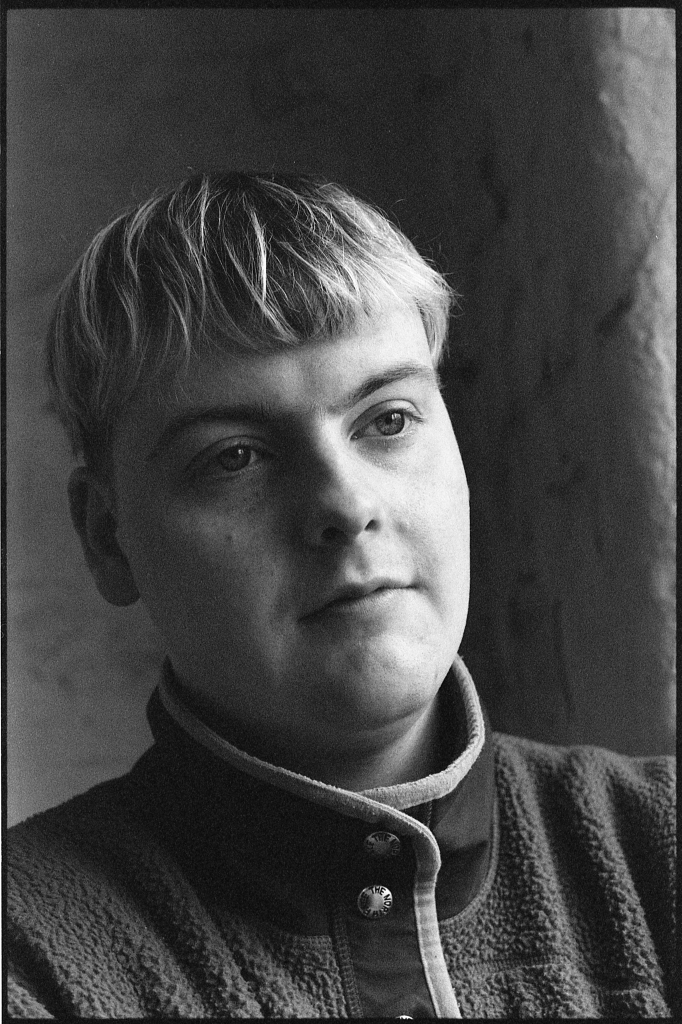
Joel Harkin, 2024. By Stuart Bailie
At the end of our conversation, I ask Joel what he likes about being a musician in Belfast and what could be done by the powers that be to make the experience better:
“Well, I love the scene. I love the people and I love the craic. There’s great music coming out of here, and in terms of the people making music here… I haven’t met anybody I didn’t like, you know? And I think people from here go the same way as people from Donegal so I have a predisposition to the similar sense of humor. It feels like if Donegal had a city it would be Belfast, so I feel at home.”
“In terms of what could be done better… Where to start? What about a decent bit of transport infrastructure? You could come at this from two different angles, if you’re playing a gig you can’t get the bus home and also your audience can’t get a bus home. So a lot of gigs that you go to now see a mass exodus at half ten, everyone’s trying to go and get their last bus. That’s a fucking ballache especially as a headlining artist. About halfway through your set, the room fucking empties because people need to get home. Which, you know, you don’t fault them for it, they need to get home and they need to get home safely. But the fact that there’s no bus home past 10pm is fucking nuts.”
“And for local music venues, especially grassroots venues, it’s very hard to make money at the minute. The music venue trusts are trying to introduce a levy where a pound from tickets at stadium level would be added on in the price and then that would go into a fund to subsidise grassroots venues. Because for someone to get to a stadium level they need to start at grassroots venues. People need somewhere to cut their teeth. I don’t think it’s being mandated, over in Britain people can do that if they want to. If that stadium wants to add that one pound on… 100%.”
“Now I’m thinking about this, we should have a mandate that 50% of radio play should be from artists from here, from the scene, that are based here.”
“And if we can get to a place where cashless, stateless, moneyless, classless society where you get your music through a library app and royalties don’t have to be worried about because the basic things that people need to survive like food, water and shelter are met out of a group effort. If you take all the work away that only exists to generate profit, there’d be so little work left. There’d be so much more free time and more chances for people to make art.”
“That’s kind of the end goal, really, the decommodification of art.”
Eleanor Gilmore
Joel Harkin will play a headline show at the Deer’s Head on 12 May as Cathedral Quarter Arts Festival Artist-In-Residence 2024. Click here for tickets.







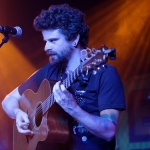


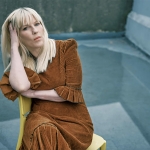
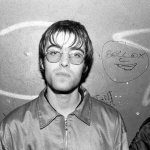
 Twitter
Twitter